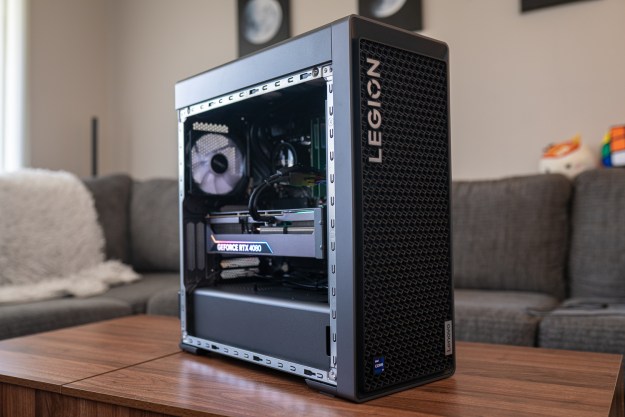Anyone remember the first weeks of 1986? That’s when a boot-sector floppy-based PC virus called Brain started turning up in the wild. Brain was written by two Pakistani brothers as a copy protection scheme for medical software they were developing. Compared to viruses today, Brain was a weakling: for one thing, it only spread via floppy disks: these were the days before widespread access to the Internet. And, unlike most viruses today, Brain wasn’t deliberately malicious, and actually contained the authors’ real names and contact information. Today, most viruses and worms are designed to compromise user’s privacy, trawl for personal data, grant remote control of computers, or flat-out obliterate users’ systems,
The phrase “computer virus” was first used in academic circles by Fred Cohen in 1984, although science fiction and comics had been using the term and similar concepts for well over a decade. And Brain wasn’t actually the first virus to appear in the wild outside academic research labs: that dubious honor goes to 1982’s “Elk Cloner,” a floppy disk virus targeting the Apple II. But Brain was the first wild virus targeting PCs, and, as we all know, it’s been downhill ever since.
Today, more than 150,000 examples of viruses, Trojan horses, and computer worms are known to exist, the vast majority of which target PCs and the Windows platform. Virus writers have gone from hobbyists and well-intentioned software developers to fraudsters and organized criminal gangs. According to data released this week by the FBI, nine out of ten organizations experienced computer security incidents during the last year, with viruses and spyware topping the list of cyber-threats. Nearly two thirds of impacted organizations said they incurred a financial loss as a result of the incidents.
So, in celebration of the PC virus’s 20th anniversary, let’s update those virus definitions!
Editors' Recommendations
- Weekend deal: Save $350 on this Alienware gaming PC with RTX 4070
- The war between PC and console is about to heat up again
- 9 best processors for PC gaming: tested and reviewed
- Ghost of Tsushima is already shaping up to be a monster PC port
- Does RAM speed matter for PC performance?


